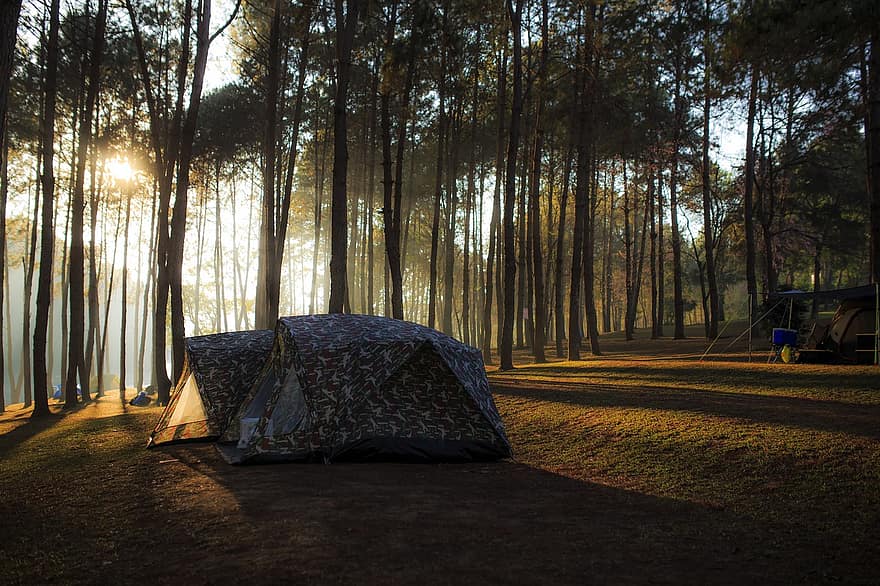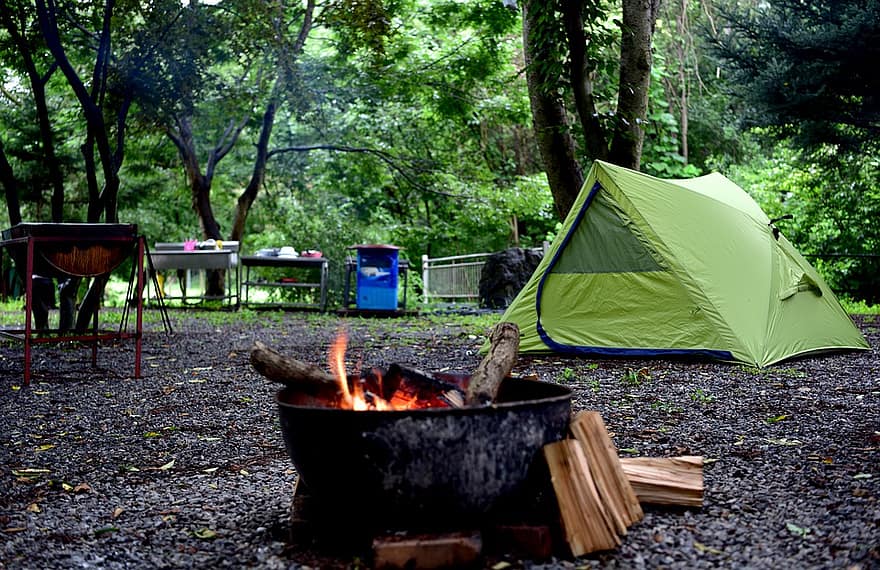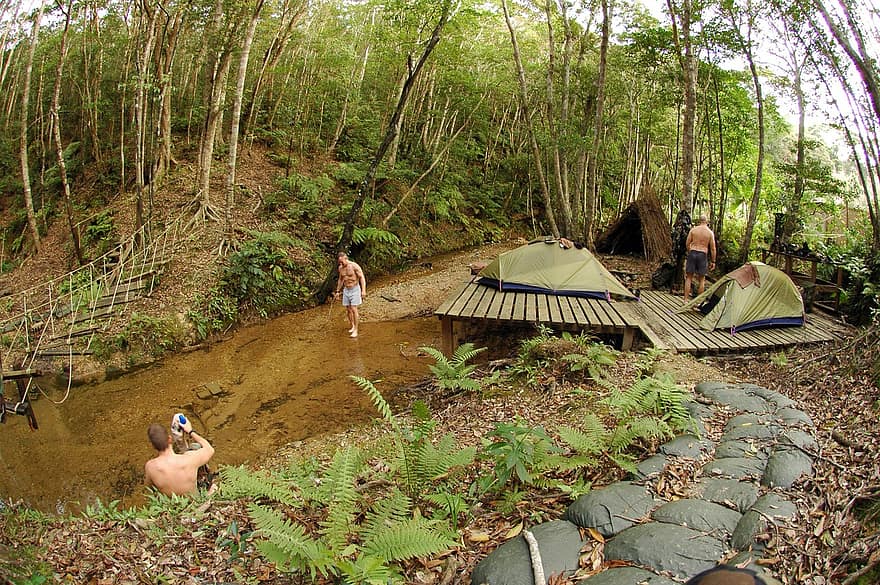
5 Common Mistakes Made by New Campers
Everyone has a starting point, and no one is without fault. We’ve all made one or two embarrassing mistakes while camping and we’ve survived to tell the story. Before you get started, be sure to avoid these major mistakes that many new campers make when trying out their new hobby.
1. Don’t research where you are going
Wherever you go, whether you are camping or not, it is essential to find out what to expect when you arrive. In the age of the Internet, where everything is so easily accessible, this shouldn’t be a problem. There are a few essential things you’ll want to check out before you even make a reservation at a campground. For example:
-
- Availability of campsites (sometimes by reservation several months in advance)
-
- Expected weather conditions
-
- What types of facilities will be available?
-
- Activities to do in the area
-
- Are pets allowed?
-
- How to store food when you are on-site (especially if you are in the backcountry).
These are just a small sample of things you may want to know about where you are headed. Regulations and rules can vary widely, from national parks to private campgrounds. It is essential to check the specific rules and regulations of the area where you plan to camp. Spontaneity is fun, but an unprepared trip can turn what might have been fun into a tedious or dangerous getaway.
2. Overpacking

When I went camping as a kid, my brother and I would sometimes have competitions to see who could last without taking a shower. In retrospect, it’s pretty disgusting. However, people who don’t camp often won’t realize that it’s an entirely different ball game in nature. You don’t need to shower every day. You’ll spend most of your days outdoors hiking, biking, paddling, or other adventures that don’t require a fresh shampoo for your head.
Keep in mind that you are here to spend time in nature. You don’t need every pair of shoes, every piece of equipment and every sweatshirt you have. Many things can be worn again (especially sweatshirts and pants) as long as nothing terrible has happened to them.
Going on a trip with this mindset can help you minimise the packing of large quantities of clothing and toiletries and help you leave room for vital things.
3. Not bringing enough light
When you live in the city, in the suburbs or even in a small town, it can be easy to forget that it is dark at night. Let’s say you live in the suburbs. All the lights are off in your home and property; chances are there are some street lights around. No street lights? Usually, you can still see the nearest city’s glow or suburb from the residual lights in shops and buildings.
When you are in the middle of nature, 80 km or more from any large suburban centre, it is very dark. More than many people are used to. For this reason, people don’t bring lanterns or flashlights to help them get around. A flashlight on your phone is useful, but not a viable long-term option for many campsites without electricity. You’ll thank me when you get up to go to the bathroom at night, and you won’t have to rely on your nose to guide you there more than your eyes.
4. Buying for price instead of quality

It can be intimidating when looking at all the camping equipment available online or in stores. There is a wide variety of things that look pretty much the same for a beginner. The price range can be so vast, that it can be tempting to plan to “go cheap until you are sure you like it” because you are not even 100% sure that you want to get into camping yet! This is a huge mistake. When you are lying in a tent in the wilderness, you want to rely on it to protect you from rain and bugs. The last thing you want is to wake up in a pool of water or hug a raccoon. Buying quality equipment is essential for an enjoyable experience.
My suggestion is to borrow equipment from family and friends before buying your own, but if that is not an option, don’t buy the cheapest thing you can find! You will end up with a bad experience or equipment that you will have to buy again.
5. Late arrival at the campsite
There have been a few times more stressful for my family than arriving late at the campground. Everyone is tired, it is dark (see point 3), we don’t know where the toilets are, and the only thing we want to do is go to bed. But we have to set up the camp. This is a huge stress factor that can be easily avoided by planning your time better and arriving at the camp with enough daylight to settle down and set up. This will allow you to have a much more enjoyable first night and start your adventure on the right foot.
You can read more here:



